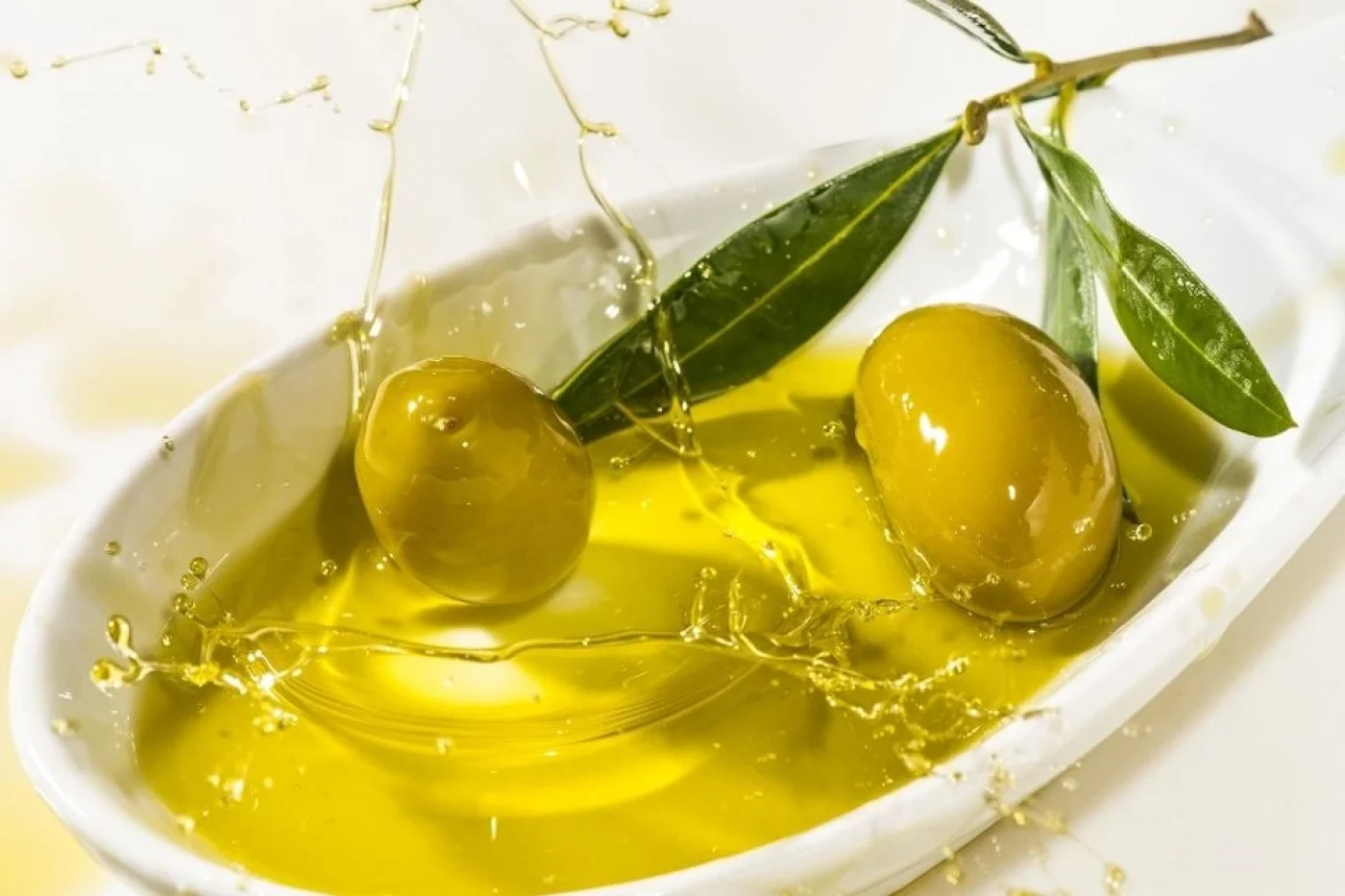
When we talk about the health benefits of extra virgin olive oil (EVOO), the conversation often revolves around oleic acid and polyphenols. And with good reason: these compounds are undoubtedly key pillars of its health-giving properties. However, in the background of this complex molecular synergy, a “silent guardian” operates, a vital component that often receives less attention than it deserves: tocopherol, more commonly known as vitamin E.
It’s no secret that vitamin E is an essential nutrient. But its presence in olive oil, and the specific form in which it is presented, makes it a key player in the intricate web of benefits that this “liquid gold” offers to our health. Far from being a mere nutritional “filler,” the tocopherol in EVOO is a potent antioxidant and biological modulator that contributes significantly to cellular protection and the maintenance of our bodily homeostasis.
To delve deeper into the importance of tocopherol, it is important to understand that vitamin E is not a single substance, but rather a family of eight fat-soluble compounds: four tocopherols (alpha, beta, gamma, and delta) and four tocotrienols (alpha, beta, gamma, and delta). In olive oil, alpha-tocopherol is the predominant form and the one with the highest biological activity of vitamin E for humans. This specificity is crucial, as not all vegetable oils are equally rich in this bioavailable form.
The main and most recognized function of alpha-tocopherol is its potent antioxidant capacity. But what does this mean in the context of our body? Our cells are constantly under attack from free radicals, unstable molecules with unpaired electrons that seek to “steal” electrons from other molecules, initiating a cascade of oxidative damage. This damage, known as oxidative stress, is like the rust we see on metal: slow, progressive, and destructive. It is an underlying factor in aging and the development of a myriad of chronic diseases, including cardiovascular disease, cancer, neurodegenerative disorders, and even inflammatory diseases.
This is where alpha-tocopherol comes into play. Being fat-soluble, it integrates perfectly into cell membranes, which are composed primarily of lipids. It acts as a molecular “lightning rod,” donating an electron to free radicals and neutralizing them before they can damage the polyunsaturated fatty acids in cell membranes, proteins, or DNA. It is the first line of lipid defense against oxidative damage. This protection of cell membranes is vital, as they are the barrier and communication center for each of our cells.
The synergy between tocopherol and other components of EVOO is fascinating. While polyphenols, being more water-soluble, can act in aqueous environments in the body and on the surface of membranes, alpha-tocopherol penetrates the lipid core of membranes, offering complementary protection. Furthermore, polyphenols can help “recycle” oxidized tocopherol, restoring its antioxidant capacity. This cooperation is a perfect example of how whole foods offer benefits that go beyond the sum of their isolated parts.
It’s important to note that while tocopherol is found in many foods, its bioavailability and efficacy can vary. The lipid matrix of extra virgin olive oil not only protects tocopherol from deterioration but also facilitates its absorption in the body, as it is a fat-soluble vitamin that requires the presence of fats to be effectively assimilated.
In short, the tocopherol in extra virgin olive oil is much more than just an “ingredient” on the nutrition label. It is a fundamental antioxidant that operates at the cellular level, protecting our membranes and contributing to the prevention of chronic diseases, healthy aging, and the maintenance of vital systems such as the cardiovascular, nervous, and immune systems. Its role, although often overshadowed by other compounds, is essential to understanding the full range of benefits that olive oil offers us, consolidating it as an authentic elixir of health. The next time you pour a splash of EVOO, remember that you are not only adding flavor, but a powerful molecular guardian to your dish.
Important Note: aceitedelcampo.com promotes the consumption of extra virgin olive oil for its culinary qualities and health benefits. However, no medication or current treatment should be replaced without the guidance of a healthcare professional.
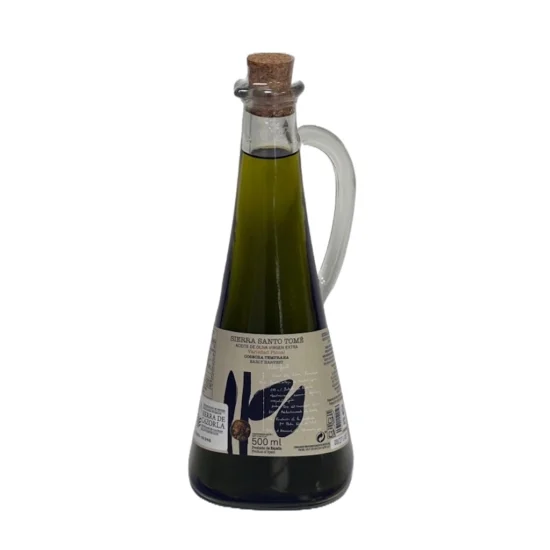
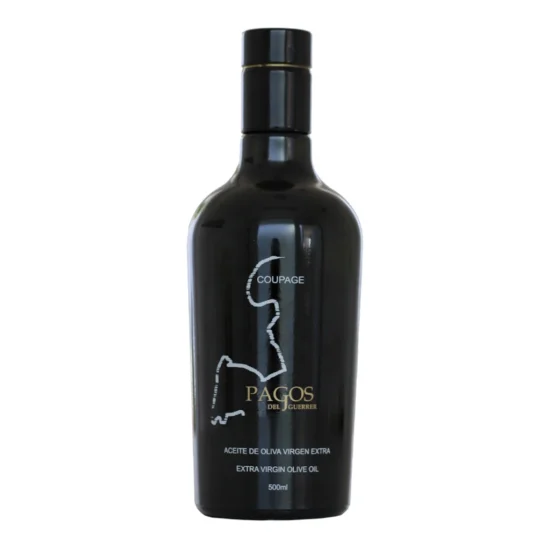
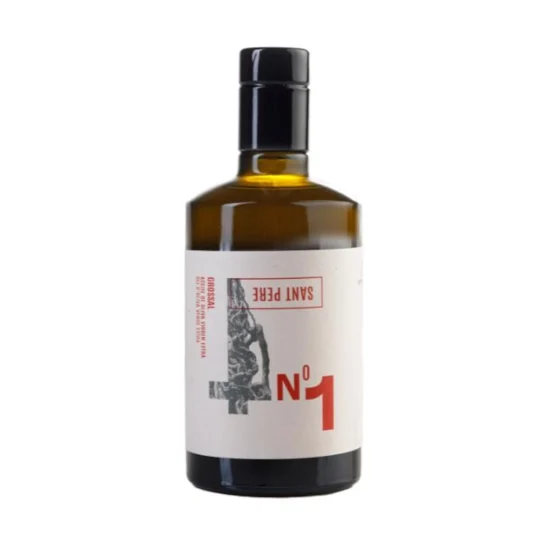
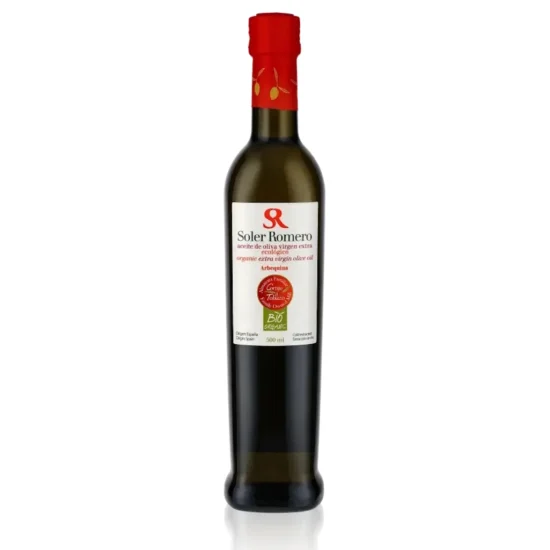
ALZAYT EXPORT SL
info@aceitedelcampo.com
C/ Eduardo Bosca 19, 2-5
46023 Valencia
Subscribe and receive a coupon by email for your next purchase.